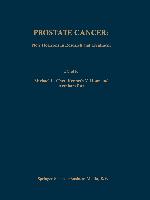Empirical Foundations of Household Taxation
BücherAngebote / Angebote:
Historically, tax policy debates - and reforms - have depended heavily on estimates of how alternative tax rules would affect household and firm behavior. Research showing that capital gains realizations were very sensitive to capital gains tax rates played an important role in the 1978 capital gains tax reform. The 1981 Economic Recovery Tax Act was bolstered by studies suggesting that reductions in marginal tax rates would increase household labor supply and saving. In the early 1990s, federal tax policy debates focused on how raising marginal tax rates would affect household behavior and reported taxable income. Despite decades of interest by scholars and policy makers in the effect of tax policy on household behavior, there is still considerable controversy about the key empirical links among tax rates, household behavior, and revenue collections. The eight papers in this volume present new statistical findings on how taxes affect a range of household decisions, including labor supply, saving, choice of health insurance plan, choice of child care arrangements, portfolio choice, and tax evasion. They also present new analytical results on the effects of different types of tax policy. All of this research relies on household-level data - drawn either from public-use tax return files provided by the U.S. Treasury or from large household-level surveys - to explore various aspects of the relationship between taxes and household behavior.
Folgt in ca. 15 Arbeitstagen




